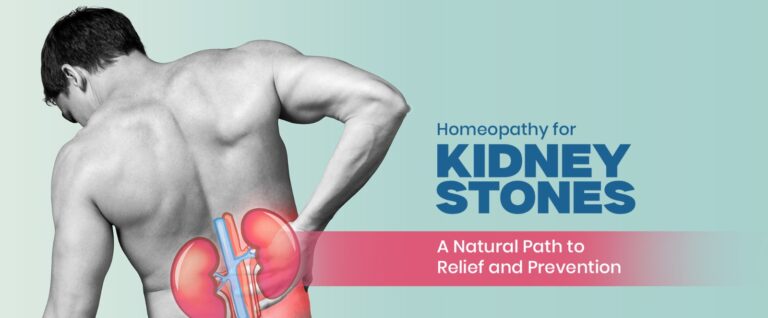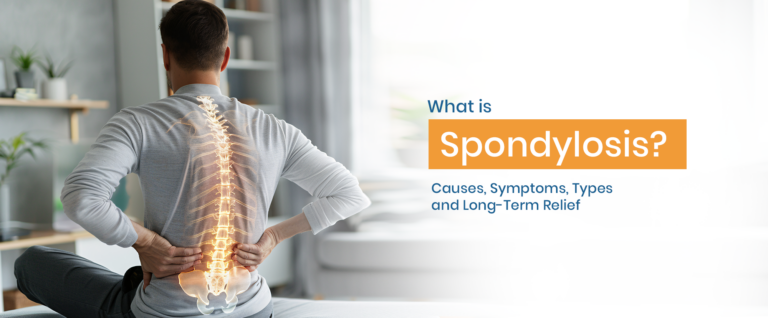Lifestyle made numerous changes during the modern era, and traditional peaceful days were replaced with modern busy livelihood in both professional and personal life. Most of us lack time to have conversations with family and our loved ones and to take proper diet. Hence we are more concerned about using canned foods or fast foods. Eating food at irregular timings, long working hours, or sitting for more time and irregular sleep, can alter our health. In this article we will read up on diabetes types and symptoms, and more..
Consumption of fast foods and other supplements will make you prone to Diabetes or other health disorders. Diabetes is one health disorder that occurs due to lack of physical exercise, irregular activities such as motion and walking, destruction of carbohydrates to energy, and producing insulin or sometimes diabetes can be due to heredity.
Diabetes Types, Causes and Symptoms
Diabetes or Diabetes Mellitus, is one of the most common diseases faced by the majority worldwide. It is a metabolic disorder calculated by an increase in glucose or sugar levels in the blood, affecting the body’s functioning. This disorder is caused if enough insulin hormone created in pancreatic glands and controls blood sugar levels is not produced, or in most cases, cells do not react to the insulin hormone. In some cases, both. As such, diabetes treatment entails the control of various health parameters to achieve optimum results.
Types of Diabetes
Types of Diabetes include
- Type 1 diabetes
- Type 2 diabetes
- Prediabetes
- Gestational Diabetes
Well, it is already known that Type 1 and sort 2 diabetes are listed as chronic conditions. Prediabetes and Gestational Diabetes are often listed as acute disorders that might reverse. Meanwhile, prediabetes could be a disorder where the person has high blood glucose, couldn’t be classified enough into Diabetes. Gestational Diabetes might occur during pregnancy and tends to disappear after delivery.
Symptoms of Diabetes
A significant number of cases associated with Diabetes are observed to be symptomless initially though health complications start to seem gradual. This is often why regular health check-up is usually recommended as there’s no obvious indication of Diabetes despite its presence.
The symptoms of Diabetes include
- Increased thirst
- Frequent urination
- Increased hunger
- Nausea
- Vomiting
- Weight loss
- Fatigue
- Numbness, tingling within the limbs
Though the inherent symptoms of Diabetes don’t seem to be life-threatening, they will often cause chronic illnesses and improper functioning of significant organs of the physique. The complications include heart diseases, strokes, kidney diseases, damage to blood vessels, and a visual disorder caused by diabetes retinopathy, which damages the retina.
Causes of Diabetes
To know what diabetes is, then first, you need to understand how glucose is often processed within the body. Common causes for diabetes include obesity, high blood pressure and family history.
How Insulin Works
Insulin is touted to be a hormone from a gland situated behind and below the stomach (pancreas).
- The pancreas secretes insulin into the bloodstream.
- The insulin circulates and enables sugar to enter your cells.
- Insulin cuts down the number of sugar levels in your bloodstream.
- When the blood glucose level drops, the secretion of insulin is low from your pancreas.
The Role of Glucose
Glucose — a sugar — may be a source of energy for the cells that frame muscles and other tissues.
- Glucose can be obtained from two major sources such as food and your liver.
- Sugar that is absorbed into the bloodstream enters the cells, followed by insulin assistance.
- Your liver stores and makes glucose.
- When your glucose levels are low like once you haven’t eaten for a while, then the liver might lack breaking down the stored glycogen into glucose to keep your glucose level within a standard range.
Risk factors for diabetes rely upon the kind of diabetes.
Risk Factors for Type 1 Diabetes
Although the precise reason behind type 1 diabetes is unknown, factors that will increase the risk:
Family history: Your risk for the disorder might increase if a parent or sibling has type 1 diabetes.
Environmental factors: Exposure to a viral illness might lead to type 1 diabetes.
The presence of damaging system cells (autoantibodies). Sometimes, family members of individuals have a maximum risk of getting type 1 diabetes followed by autoantibodies developing diabetes.
Risk Factors for Type 2 Diabetes
Researchers are working on the people who develop prediabetes, and sort two diabetes and others don’t. It’s clear that certain factors increase the chance, however, including:
Weight: The increase levels in fatty tissue you possess, there might be more resistant to insulin by your cells.
Inactivity: The less active you’re, the greater risk of diabetes. It can be a lack of physical activity, weight control, glucose levels can be used as energy, and makes your cells turn down insulin production.
Family history: Your risk of the disorder increases when a parent or your sibling suffers from diabetes type 2.
Age: Your risk increases as you grow up. It could be because you turn down to exercise, weight gain, or muscle mass as you age. More often, type 2 diabetes is additionally increasing among children, adolescents, and younger adults.
Gestational diabetes: If you developed gestational diabetes once you were pregnant, your risk of developing prediabetes and sort two diabetes increases. Check if you are about to give birth to a baby weighing 9 pounds (4 kilograms), you might have diabetes type 2.
Polycystic ovary syndrome: Women having PCOS or polycystic ovary syndrome, can increase the risk of developing diabetes. Other situations include irregular menstrual periods, obesity, excess hair growth.
High- Blood pressure level: People with high blood pressure can have an increased risk of type 2 diabetes.
Abnormal cholesterol and triglyceride levels: If you’ve got low levels of HDL or good cholesterol, your risk of type 2 diabetes is higher.
Risk Factors for Gestational Diabetes
More often the pregnant women develop gestational diabetes according to their body and hereditary conditions. Risk factors include:
Age: Women who crossed 25 years are at increased risk.
Family or personal history: You’re also at greater risk if you had gestational diabetes during a previous pregnancy, if you delivered a really large baby or if you had an unexplained stillbirth.
Weight: Women being overweight before two pregnancies increases their risk.
Homeopathy Treatment for Diabetes
Homeopathy has been successful in treating diabetes types and its symptoms without any side effects and further complications.is a holistic and appropriate medicine that involves a lengthy and physical evaluation of the patient. Homeopathy is one of the therapy systems with confidence in wholesome patient info before beginning the treatment. This medicine for the disorder is so effective. Want to know more about diabetes types and symptoms? click here




